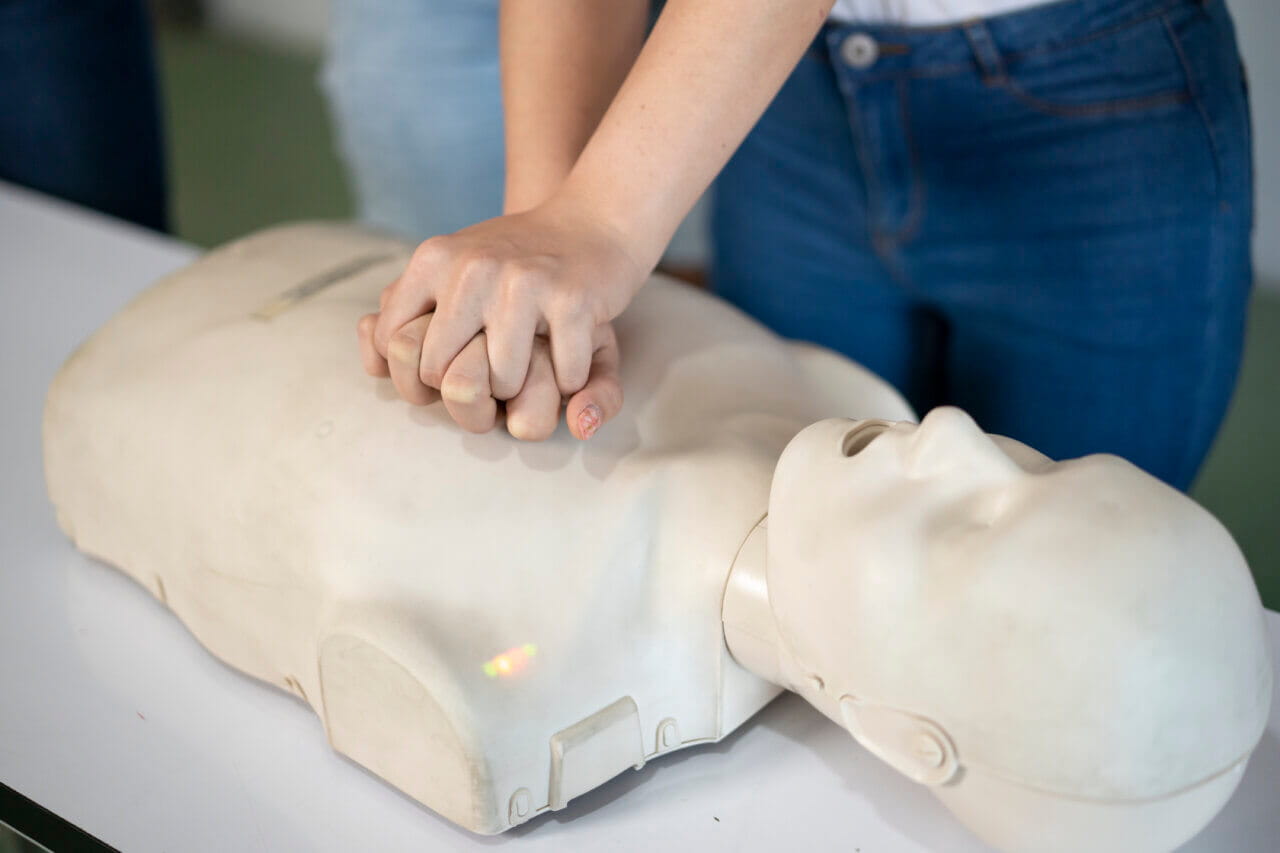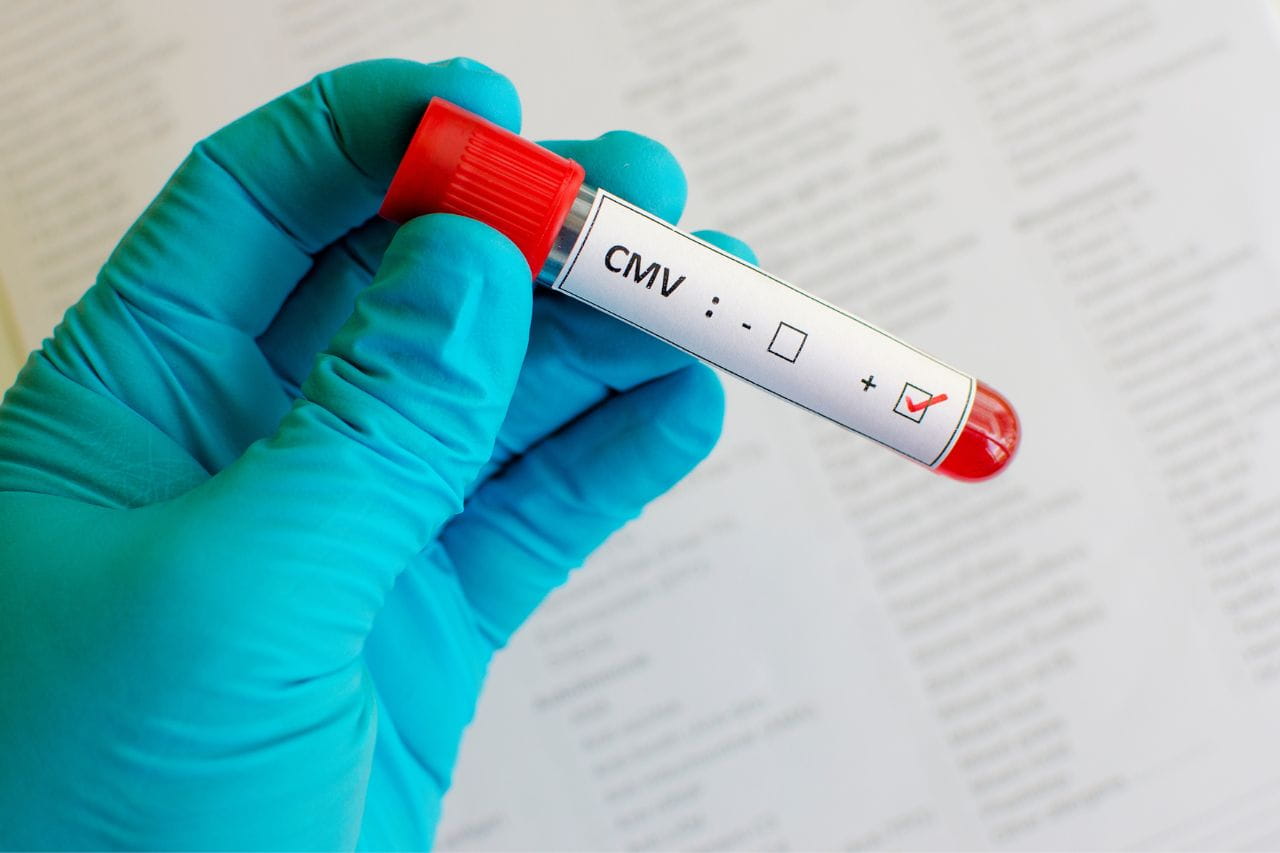Mpox: What You Need To Know

Clinically reviewed by Shaina Doyen, PharmD, BCIDP.
Monkeypox, also known as Mpox, is a rare disease caused by a virus in the same family as smallpox but with symptoms that are typically not as severe. It’s considered a self-limited disease, meaning it typically goes away on its own.
This article explains what mpox is, how it’s spread, its symptoms, how to protect yourself from it, and what to do if you think you’ve been exposed to or have the illness.
What Is Mpox?
Experts believe mpox originated in Africa but has since spread to other parts of the world. Here are some quick facts about it:
- Mpox is not connected to chickenpox in any way.
- Mpox is usually benign.
- There’s no specific treatment for mpox (only managing the symptoms), so prevention is important.
Mpox Symptoms
Symptoms can develop several days to a few weeks after exposure and vary from person to person. If someone has flu-like symptoms, they usually develop a rash one to four days later.
The rash may be located on or near the genitals or anus and could spread to other areas such as the hands, feet, chest, face, or mouth. The rash starts as flat, red bumps that may look like pimples or blisters. It can be painful or itchy and goes through several stages, including scabs, before healing.
Other symptoms can include:
- Fever
- Headache
- Muscle aches
- Chills
- Fatigue
- Swollen lymph nodes
- Nasal congestion, cough, and other flu-like symptoms
Mpox complications can include scars on the legs, arms, and face, blindness, and other infections. In rare cases with particular types of mpox, the disease can be fatal.
How Does Mpox Spread?
Mpox is primarily transmitted through contact with the tissues, blood, or other body fluids of infected people or animals. The virus can also spread through contact with contaminated objects or surfaces (including clothing, sheets, and towels) and through extended contact (more than four hours) with respiratory droplets from an infected person. In addition, an infected pregnant person can transmit the virus to their unborn child.
Some who get mpox have a higher risk of becoming severely ill, including children under a year old and people who are pregnant, have weakened immune systems, or have a history of eczema.
Mpox Diagnosis and Treatment
Doctors diagnose mpox using a tissue sample from a sore or a blood test. There’s no specific treatment for mpox. Instead, the focus is on relieving symptoms and supporting the immune system to help it address the virus effectively. This may include rest, fluids, and medications to help reduce fever and pain.
Treatments for smallpox may prove effective for mpox, and doctors might recommend them for people who are more likely to get severely ill. The mpox virus generally lasts two to four weeks.
How To Reduce Your Risk of Getting Mpox
There are several ways to prevent mpox from spreading. These include:
- Avoiding infected animals
- Washing hands regularly and thoroughly
- Avoiding close contact with people who are sick
- Having sick people cover their ulcers or sores if possible
If traveling to areas where the disease is prevalent, you should take extra precautions to avoid being infected. The CDC also recommends vaccination for those at risk of infection or who have been exposed to the mpox virus.
Talk With Your Baptist Health Doctor About Mpox
Contact your Baptist Health physician if you’ve been exposed to mpox or are experiencing symptoms. They can advise you on the appropriate actions to take.
You can find a Baptist Health provider in our online directory if you don’t have one.
Next Steps and Useful Resources:
Learn More About Vaccinations and Immunizations
Baptist Health Paducah Shares How to Minimize the Risk of Sepsis
Everything You Need to Know About Virus Mutation
Symptoms of Hand, Foot & Mouth Disease



